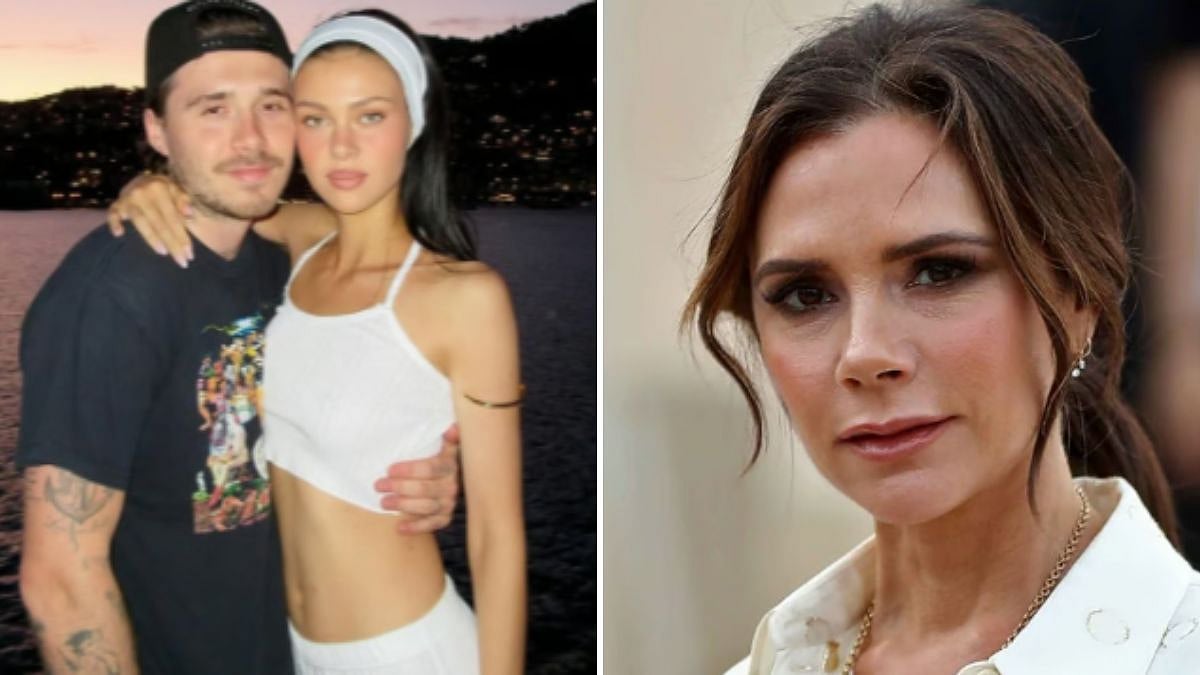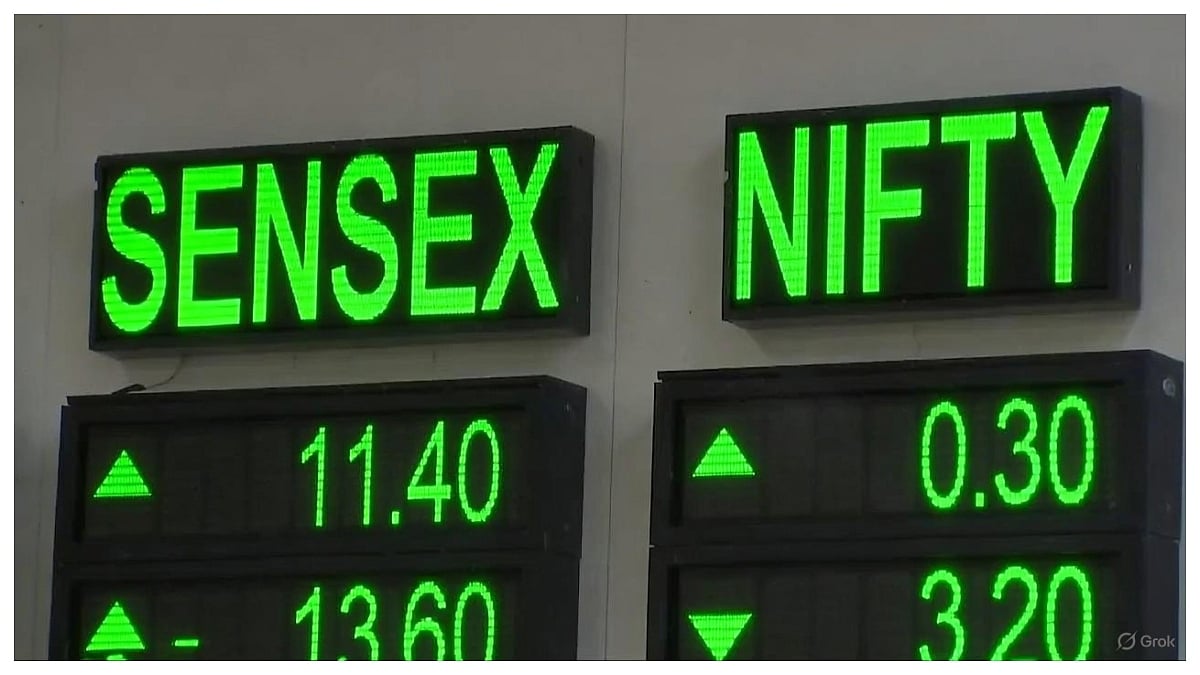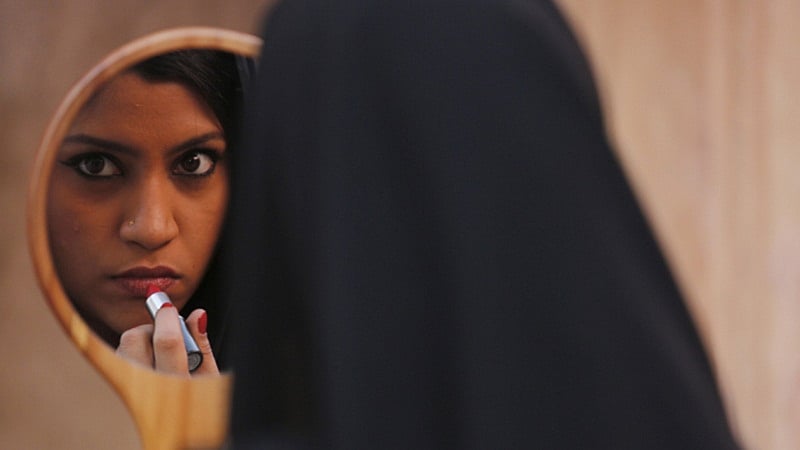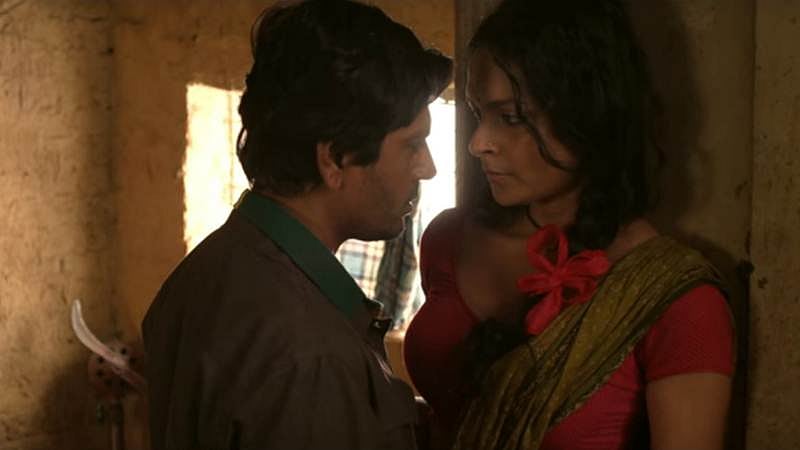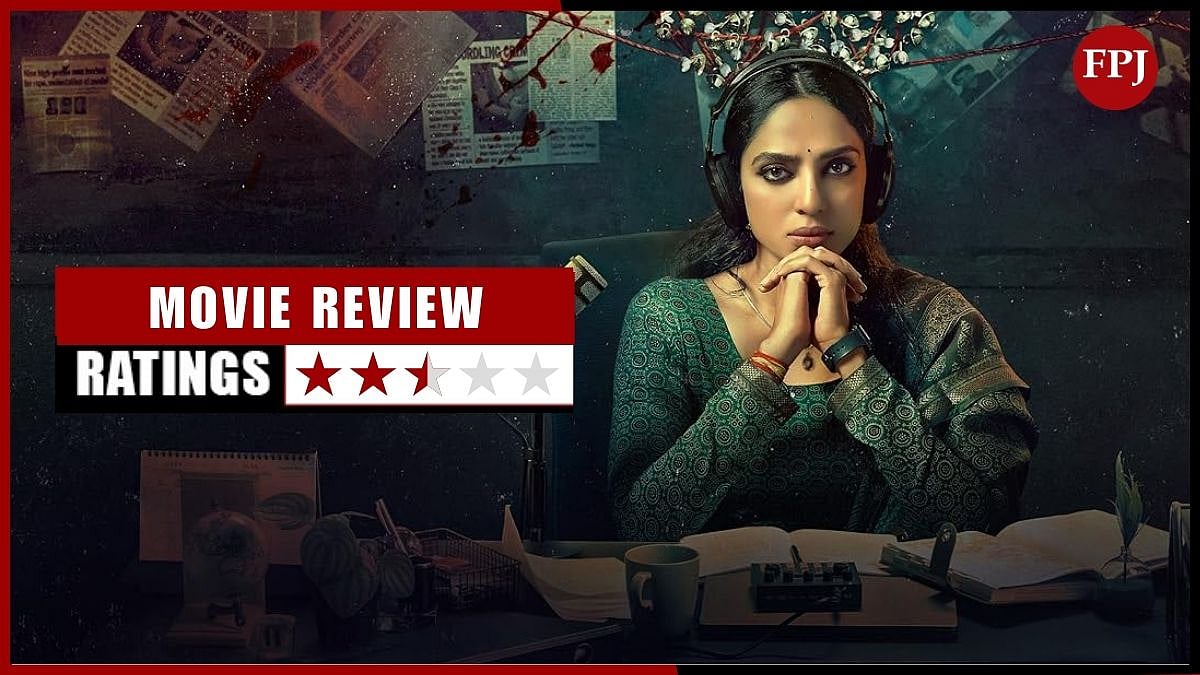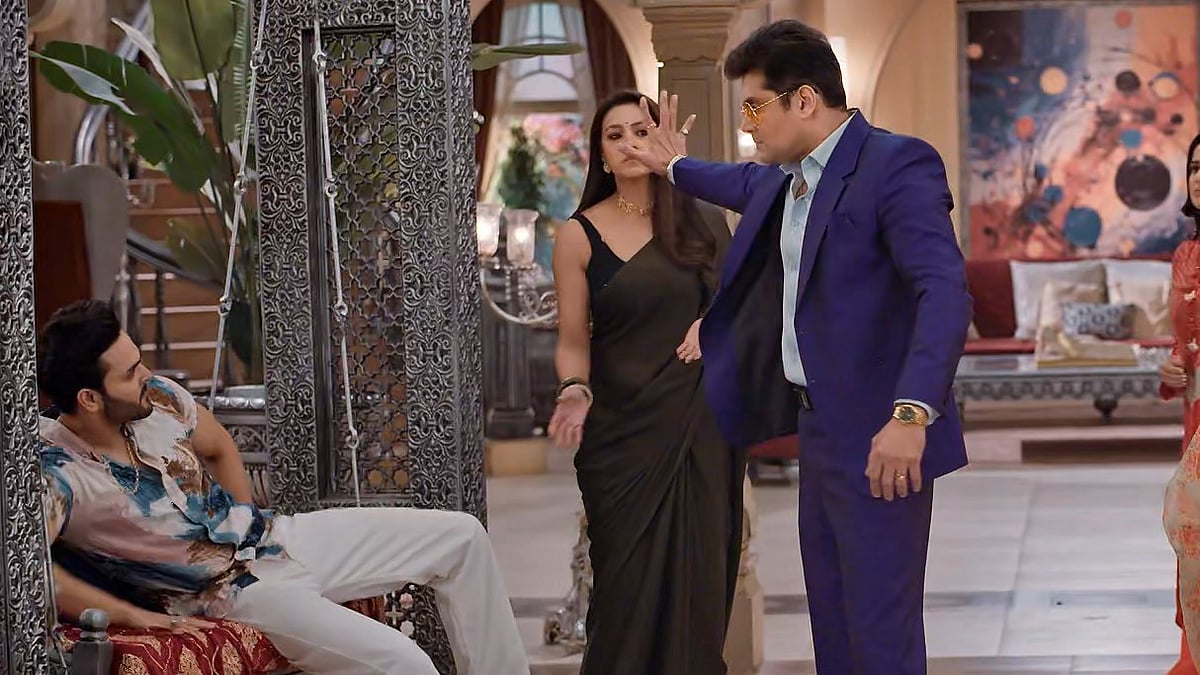The removal of the Film Certification Appellate Tribunal (FCAT) by the Ministry of Law and Justice has sparked off a debate in the Indian entertainment industry. From filmmakers to actors, several members of filmdom have expressed their opinions on the same. Directors like Vishal Bhardwaj and Hansal Mehta among many others have objected to the government's decision of the abolition of FCAT, while some have supported it.
So what exactly does FCAT do?
Role of FCAT
Based in Delhi, FCAT was a statutory body hearing appeals of the filmmakers regarding orders by the Central Board of Film Certification (CBFC). In India every film has to be certified by the CBFC before the release. The board certifies films under four categories — U (Unrestricted public exhibition), U/A (Parental guidance for children under age 12), A (restricted to adults i.e. for 18 years and above) and S (Restricted to a specialised group of people). The CBFC can also suggest makers to implement several changes in the films. However, if directors or producers are not satisfied with a change suggested by the CBFC, they could go to FCAT and sort out their differences. And now with the abolition of FCAT, makers of the films who are not happy with the decision of CBFC have to approach the high court. For the unversed, FCAT was established in 1983 under the Cinematograph Act, 1952. It used to be headed by a chairman who was either a retired judge of the High Court or someone qualified to be a High Court judge. It also had four other members appointed by the Central Government, usually experts such as lawyers, politicians and representatives from the film fraternity.
Famous cases of FCAT reversing CBFC’s decisions in recent years:

Kaalakaandi |

Haraamkhor |

Lipstick Under My Burkha |
Kaalakaandi (2018): The Saif Ali Khan- starrer Kaalakaandi was also saved from CBFC’s restrictions with the intervention of FCAT. In an interaction with the Cinema Journal, Akshat Verma, who directed Kaalakaandi, shared his experience of approaching FCAT in the past. “FCAT made a huge difference in my case. The Censor Board had asked me to make over 70 cuts. It’s a huge number. The suggested cuts would definitely hamper the storyline of my film so I appealed to FCAT. After approaching FCAT, we just had to make a couple of changes. The FCAT’s decision was quite valuable for me as I was able to release my film without implementing many changes. I had a positive experience with FCAT. The body was too quick to solve my grievances.”
Haraamkhor (2017): CBFC had banned the release of Nawazuddin Siddiqui-starrer Haraamkhor, claiming it was provocative. The CBFC’s decision forced producers of the film to seek help from FCAT. Luckily, FCAT cleared the film and gave it a U/A certificate. Haraamkhor revolved around the relationship of a small-town teacher and his teenage student. In its judgement, the FCAT said that the film could be used for “furthering a social message”.
Lipstick Under My Burkha (2017): Alankrita Shrivastava’s directorial Lipstick Under My Burkha had to go through a lot of controversies. The film’s narrative was reportedly considered to be too laced with sexual scenes and abusive language. CBFC had refused to give certification to the movie. As a result, producer Prakash Jha approached FCAT, which cleared the film by issuing an adult certificate. The movie chronicled the lives of four women of different ages in a small town in India as they search for different kinds of freedom. Ratna Pathak Shah, Konkona Sensharma, Aahana Kumra and Plabita Borthakur essayed the lead roles in the movie.
Speaking out
Kaante fame director Sanjay Gupta feels there’s no need of scrapping FCAT. “I don’t understand the need of abolishing FCAT. There was a proper system in place...the body was running for years. Everything was going right. Do you think courts will have enough time to address all these problems related to films? The lawyers working in the courts have their own load. This decision was not needed at all,” Gupta said.

Akshat Verma, too, criticised the government’s decision on FCAT. He said, “It’s an unfortunate decision. It will create more problems for the makers.”
According to Pahlaj Nihalani, former Chairman of CBFC, the abolition of FCAT can increase the problem of bribery in the industry. He said, “When I was there (heading the CBFC) bribery was completely abolished — there was complete transparency. And now I feel anything can happen on this level. There are more chances of bribery now. Producers can do anything to save their film at the last minute.”
Many celebrities had also taken to Twitter to criticise the news of FCAT’s abolition. “Do the High Courts have a lot of time to address film certification grievances? How many film producers will have the means to approach the courts? The FCAT discontinuation feels arbitrary and is definitely restrictive. Why this unfortunate timing? Why take this decision at all?” Hansal Mehta tweeted.
Vishal Bhardwaj, who is known for directing films like Omkara and Haider, described it as a “sad day for cinema”.
Disagreeing with all the backlash, advocate Ashish Dixit explained the possible reasons responsible for dissolving FCAT. “The reason behind doing this thing was that in any case, people were coming to the courts as members of FCAT were not as effective as they were supposed to be and they were wasting a lot of time... The High Court was already involved but at a later stage. So what they have done now is that they have taken away one stage of delay,” Dixit said.
So would it create a burden on lawyers? Dixit averred: “I don't think it will be a burden for a very simple reason. These are matters which generally don't require evidence. It's mainly a writ based issue which can be decided by interpretation of law... time is taken in cases where evidence is required.
“The High court has enough power. If a particular scene hurts the sentiments of people or violates the rules or morality, then I feel the High Court would be the best authority to judge those scenes as it all comes under the issues of law.”
Adding, “No one is taking away anyone’s right to express. Now filmmakers have an easy solution rather than to be dependent on somebody and wait. They can directly approach the High Court. I don’t feel the criticism around abolishment of FCAT has any substance to it.”
Bharatiya Janata Party (BJP) leader Shazia Ilmi, who was a part of FCAT, also seems to be in favour of the decision regarding FCAT. “We followed the fair procedures while working at FCAT. We had helped a lot of producers in releasing their films. But I feel everything has been functioning in a well-organised manner since Prasoon Joshiji (lyricist and the current CBFC chairperson) came to power at CBFC — very few cases were taken to FCAT. So I never felt the need of having FCAT amid the ongoing tenure of Prasoonji as CBFC's chairperson,” said Shazia Ilmi.

